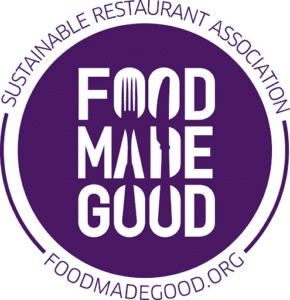Antibiotics policy
11 Dec 2024
Use of antibiotics
Suppliers must adhere to the Veterinary Medicinal Products Regulation (Regulation (EU) 2019/6), specifically with regard to the measures designed to ensure prudent and responsible use of antimicrobials in animals, including reserving certain antimicrobials for the treatment of infections in people.
This legislation became applicable in full as of 28 January 2022.
Only medicines licensed for use in the UK and EU may be used.
Statutory withdrawal periods must be observed before slaughter or placing milk/eggs on the market for consumption.
The minimum statutory withdrawal periods are:
- eggs and milk – seven days
- meat, including fat and offal from poultry and mammals – 28 days
- fish – 500 degree days
Wetherspoon does not support the preventative mass medication of animals by the use of antibiotics (prophylactic) in its supply chain. The company’s view is that antibiotics should be used only when there has been a specific clinical diagnosis.
Preventative treatments are acceptable only when they are:
- to treat animals diagnosed as being at high risk of bacterial disease.
- prescribed by vets with direct responsibility for those animals.
- not applied systematically or routinely.
- not used as compensation for poor hygiene or in place of improvements in husbandry which could reduce the need for treatment.
Preventative treatments should be administered to individual animals, where possible, except
in species which cannot be treated individually without stress or harm and where group treatment is in line
with veterinary best practice.
Suppliers and producers are required to:
- ban the preventative mass medication of animals by the use of antibiotics.
- use antibiotics only by exception and for individual animals.
- phase out and end the use of ‘critically important antimicrobials’, as defined by the World Health Organization (WHO), with the highest priority given to the list of antimicrobials below:
- WHO critically important antimicrobials for human medicine highest priority
- cephalosporins (3rd, 4th and 5th generations)
- glycopeptides
- macrolides and ketolides
- polymyxins
- quinolones
Antibiotic reduction strategy
A formal antibiotic reduction strategy is being developed using the Compassion in World Farming (CIWF) Antibiotic Stewardship Programme as a blueprint.





